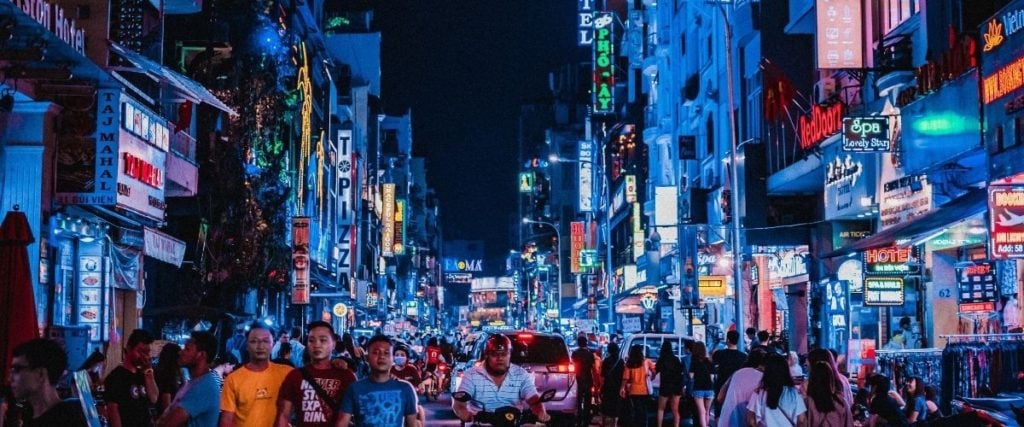Having reported only 1,288 Covid-19 cases and 35 deaths to date, the Southeast Asian country is one of the lesser impacted countries, and has widely been hailed as a success story for its ability to keep transmission rates largely under control.
The government, in particular, has been credited for its use of transparent and decisive measures to curb the fallout from the pandemic, potentially offering a roadmap for other developing countries.
Why it matters:
• Vietnam is set to see a 1.6% increase in GDP, making it one of the few countries in Asia to witness positive growth rates during the pandemic.
• With that said, this will still be Vietnam’s worst economic performance since 1985, with over 30.8 million people reporting layoffs or salary cuts, according to a survey conducted by Vietnam’s General Statistics Office.
How Vietnam managed to curb the pandemic:
As early as January 2020, Prime Minister Nguyen Xuan Phuc announced that his government would prioritise public health over the economy.
• The country were quick to enforce stringent containment measures such as travel bans, closures of non-essential services, and the mandatory wearing of masks in public places, doing so even before the WHO’s official recommendation, with a series of local and national lockdowns implemented whenever deemed necessary. The military’s help was also enlisted to overlook sanitation efforts and police neighbourhoods under lockdown.
• In late January, just a month after China reported initial cases of the virus, the Vietnamese government was quick to issue official guidance on pandemic control and prevention. Through a coordinated effort with the country’s leading multimedia channels, information on testing sites and protective measures against the virus were made easily available to the public. Additionally, national campaigns were launched to facilitate public buy-in into the measures being implemented and need for social distancing.
From the very start, the virus was framed as the common enemy, with campaigns calling for the unity of its public to defeat it. The IMF deems this as being a critical step in Vietnam’s response action, and one that many other countries overlooked.
•Instead of mass-testing like its more well-off counterparts, Vietnam took a more cost-effective and focused approach by testing only high-risk and suspected cases. It also adopted extensive contact tracing by launching apps in big cities and enforcing mandatory self-isolation and quarantine at state-run facilities.
•Analysts believe that a significant part of the country’s success in handling the outbreak was the government’s transparency in information dissemination and close cooperation among different levels of the government.
Looking ahead:
• The IMF has predicted the country will experience a strong economic recovery next year, with a projected real GDP growth of 6.9%.
• With promising strides made in developing vaccines, domestic recovery looks optimistic. With lockdown measures lifted and businesses resuming operations, retail and industrial production show strong signs of rebound after bottoming out during lockdown.
• Trade is still predicted to remain slow as external trade is dependent on economic recovery among Vietnam’s trading partners.
However, the global outlook on the country’s future still remains largely optimistic as this sentiment was echoed by many analysts alike.
• Emily Fletcher, Portfolio Manager of BlackRock Frontiers, told UK Investor Magazine that Vietnam’s demographics are in favour of sustainable growth, especially because of the accelerating supply chain migration from China. She continued, “Vietnam has been a poster child for frontier markets, enjoying more than $149 billion in foreign direct investment inflows and huge increases in manufacturing production over the past two decades.”
• Vietnam has also signed a Free Trade Agreement with the European Union, in addition to the existing 12 FTAs it had signed with trade partners previously. With the country becoming increasingly integrated into the global economy, Vietnam is expected to become an attractive destination for foreign capital in the upcoming years.
Related Articles
Hong Kong-Singapore Travel Bubble Postponed Amid Covid-19 Spike
Stock Markets Surge As Moderna’s Vaccine Results Show 94.5% Efficacy
Pfizer Announces Vaccine has 90% Success Rate; Stock Markets Soar





